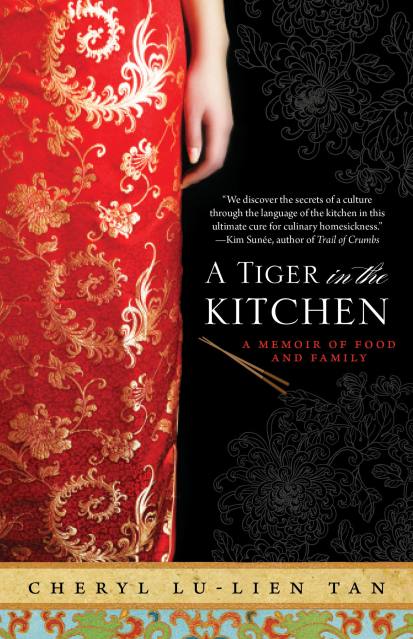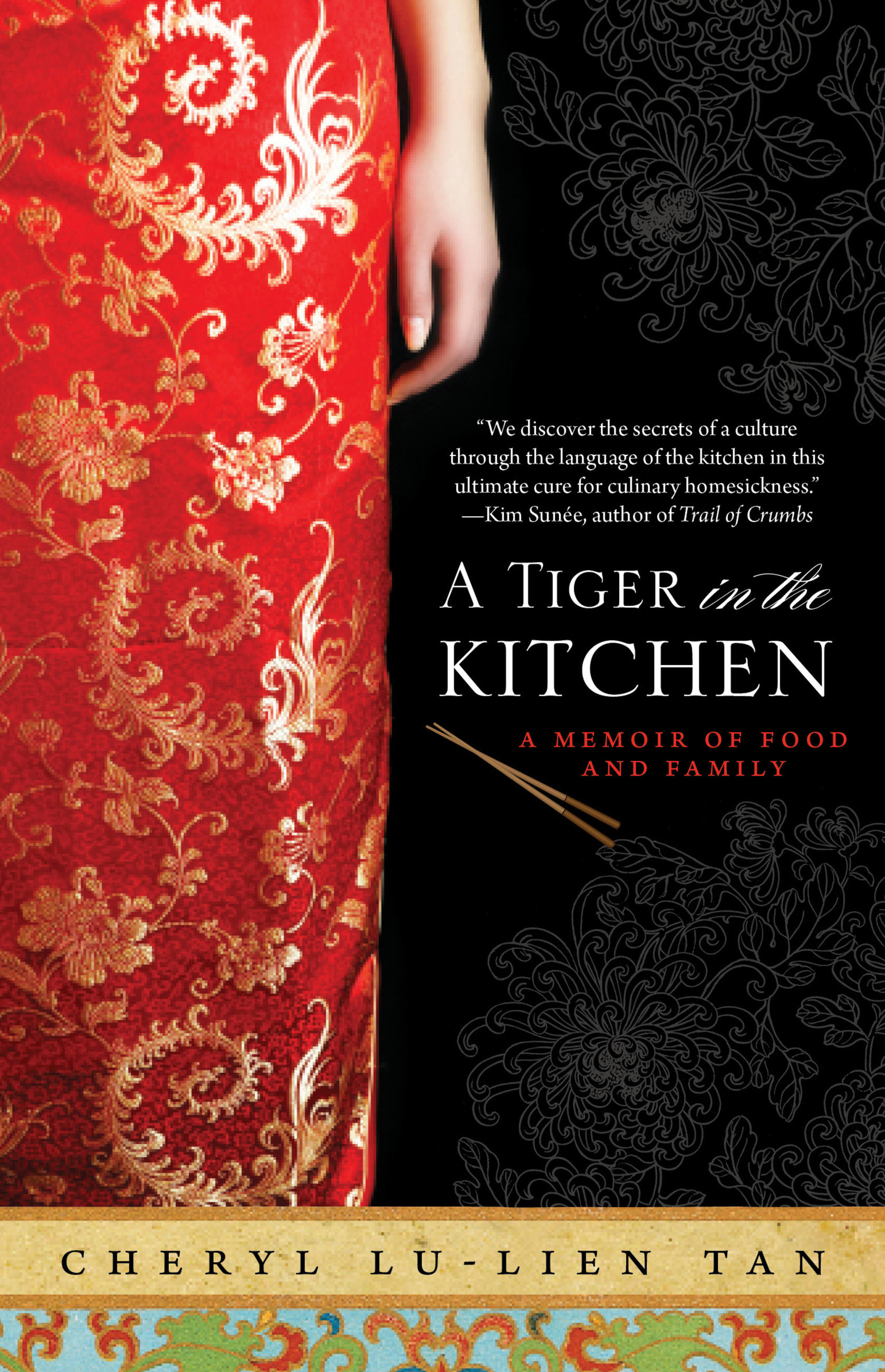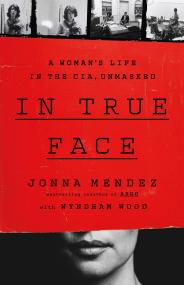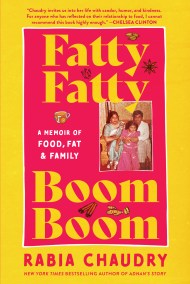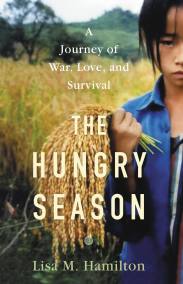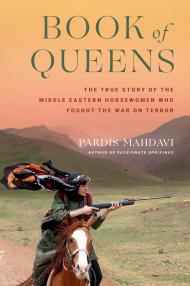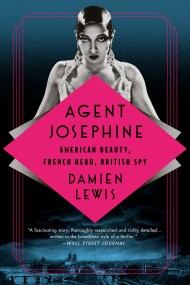Promotion
Use code MOM24 for 20% off site wide + free shipping over $45
A Tiger in the Kitchen
A Memoir of Food and Family
Contributors
Formats and Prices
Price
$8.99Price
$10.99 CADFormat
Format:
- ebook $8.99 $10.99 CAD
- Trade Paperback $21.99 $28.99 CAD
This item is a preorder. Your payment method will be charged immediately, and the product is expected to ship on or around February 8, 2011. This date is subject to change due to shipping delays beyond our control.
Also available from:
“Starting with charred fried rice and ending with flaky pineapple tarts, Cheryl Lu-Lien Tan takes us along on a personal journey that most can only fantasize about–an exploration of family history and culture through a mastery of home-cooked dishes. Tan’s delectable education through the landscape of Singaporean cuisine teaches us that food is the tie that binds.”
–Jennifer 8. Lee, author of The Fortune Cookie Chronicles After growing up in the most food-obsessed city in the world, Cheryl Lu-Lien Tan left home and family at eighteen for America–proof of the rebelliousness of daughters born in the Year of the Tiger. But as a thirtysomething fashion writer in New York, she felt the Singaporean dishes that defined her childhood beginning to call her back. Was it too late to learn the secrets of her grandmothers’ and aunties’ kitchens, as well as the tumultuous family history that had kept them hidden before In her quest to recreate the dishes of her native Singapore by cooking with her family, Tan learned not only cherished recipes but long-buried stories of past generations.A Tiger in the Kitchen, which includes ten authentic recipes for Singaporean classics such as pineapple tarts and Teochew braised duck, is the charming, beautifully written story of a Chinese-Singaporean ex-pat who learns to infuse her New York lifestyle with the rich lessons of the Singaporean kitchen, ultimately reconnecting with her family and herself. Reading Group Guide available online and included in the eBook.
–Jennifer 8. Lee, author of The Fortune Cookie Chronicles After growing up in the most food-obsessed city in the world, Cheryl Lu-Lien Tan left home and family at eighteen for America–proof of the rebelliousness of daughters born in the Year of the Tiger. But as a thirtysomething fashion writer in New York, she felt the Singaporean dishes that defined her childhood beginning to call her back. Was it too late to learn the secrets of her grandmothers’ and aunties’ kitchens, as well as the tumultuous family history that had kept them hidden before In her quest to recreate the dishes of her native Singapore by cooking with her family, Tan learned not only cherished recipes but long-buried stories of past generations.A Tiger in the Kitchen, which includes ten authentic recipes for Singaporean classics such as pineapple tarts and Teochew braised duck, is the charming, beautifully written story of a Chinese-Singaporean ex-pat who learns to infuse her New York lifestyle with the rich lessons of the Singaporean kitchen, ultimately reconnecting with her family and herself. Reading Group Guide available online and included in the eBook.
Genre:
- On Sale
- Feb 8, 2011
- Page Count
- 288 pages
- Publisher
- Hachette Books
- ISBN-13
- 9781401396565
Newsletter Signup
By clicking ‘Sign Up,’ I acknowledge that I have read and agree to Hachette Book Group’s Privacy Policy and Terms of Use
